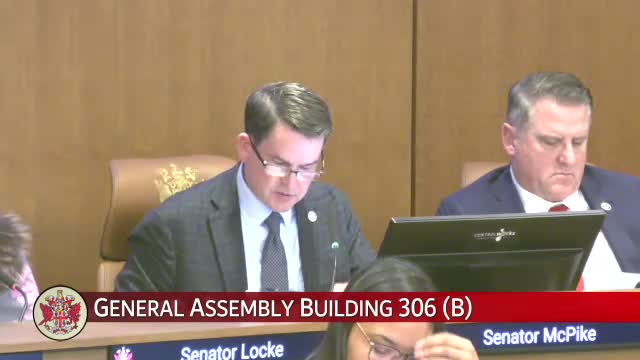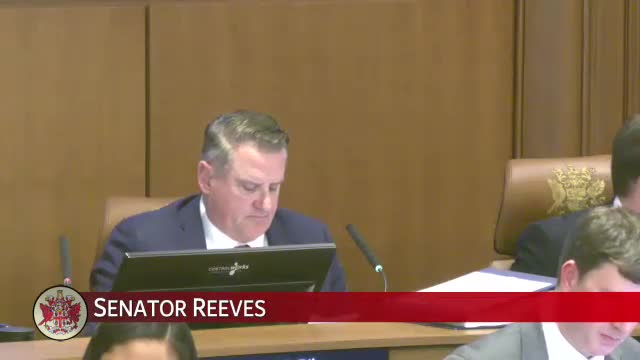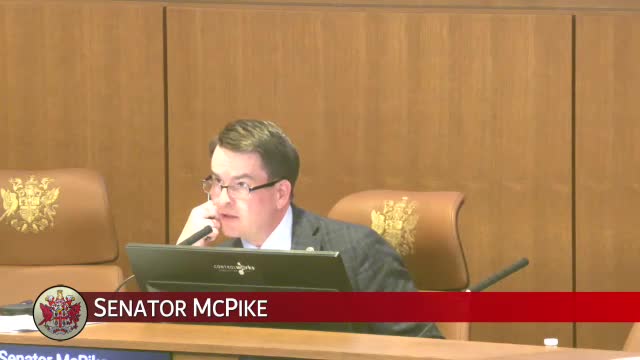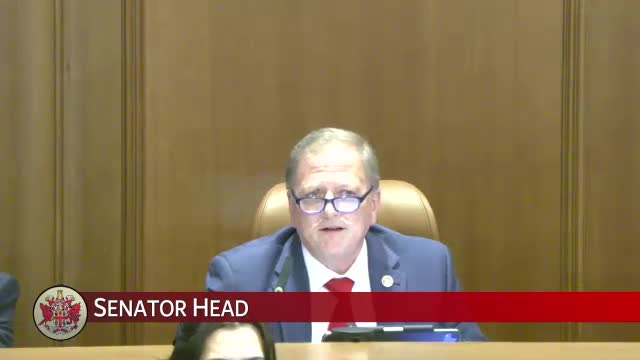Article not found
This article is no longer available. But don't worry—we've gathered other articles that discuss the same topic.

Senate panel rejects bill to let 55+ communities run regular cash bingo without a nonprofit sponsor

Subcommittee hearing on legalizing, regulating skill/electronic gaming ends without a vote

Senate advances substitute creating Virginia Gaming Commission after two‑year study

